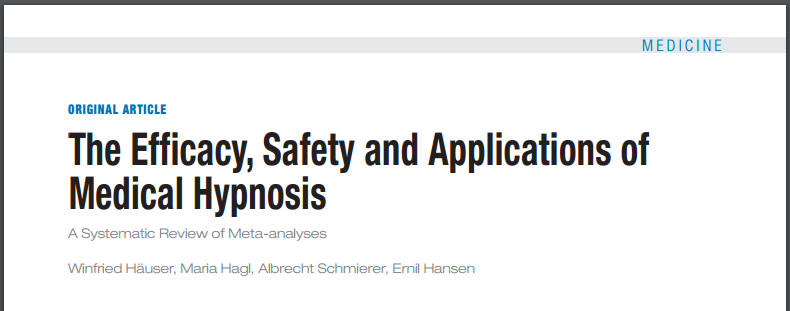How People Unconsciously Hypnotize Family Members and Friends
When a friend tells us something like,"Boy, Jason and Jessica really know how to push my buttons," many of us know all to well how it feels to be in our friend's position. And, if we are highly sensitive people and our button pushers are expert technicians, our inner control panels may be consistently flashing as brightly and variously as that of a commercial jet in flight mode.
